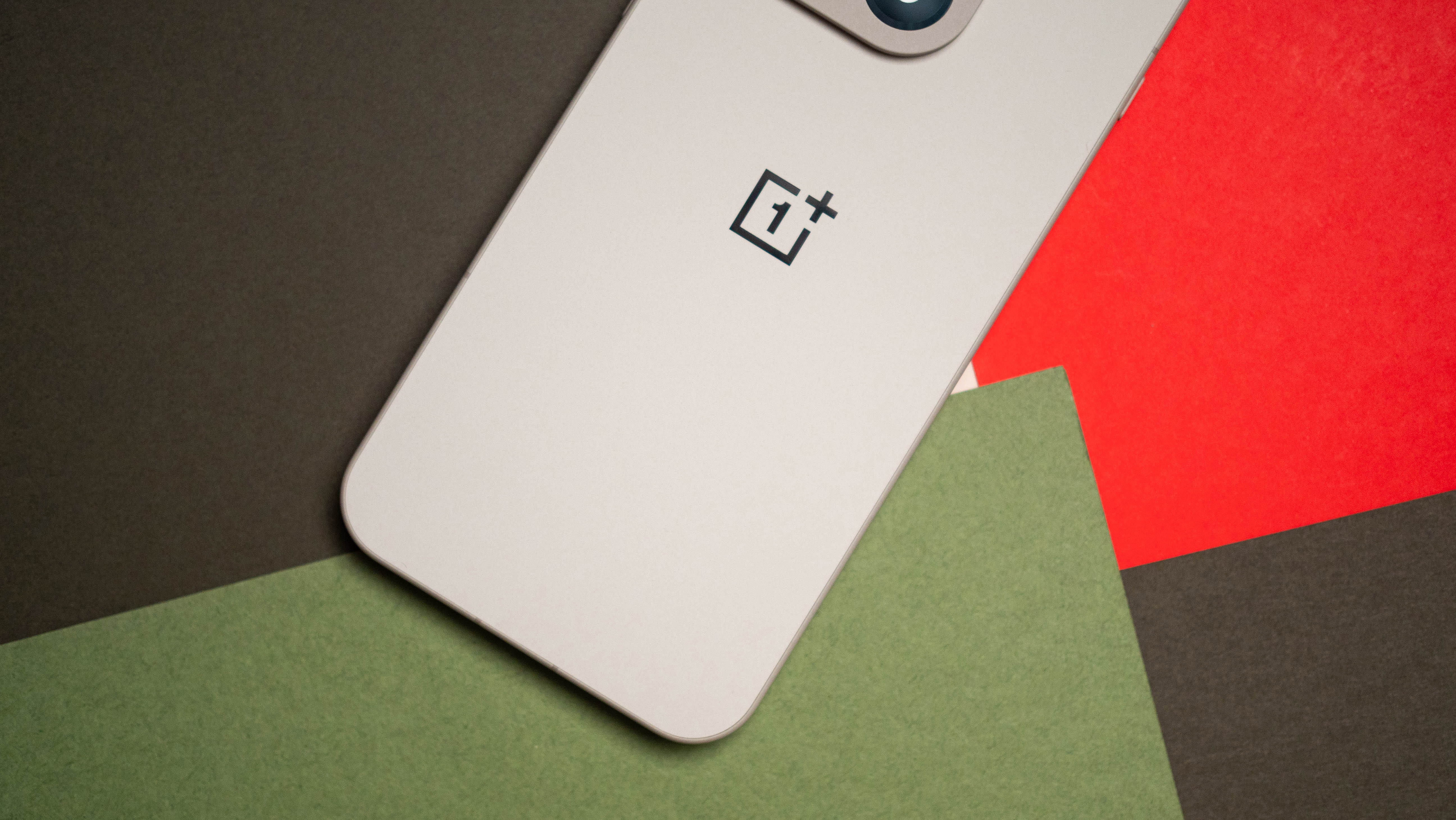Why Google Assistant and Alexa have an unbeatable lead on Siri
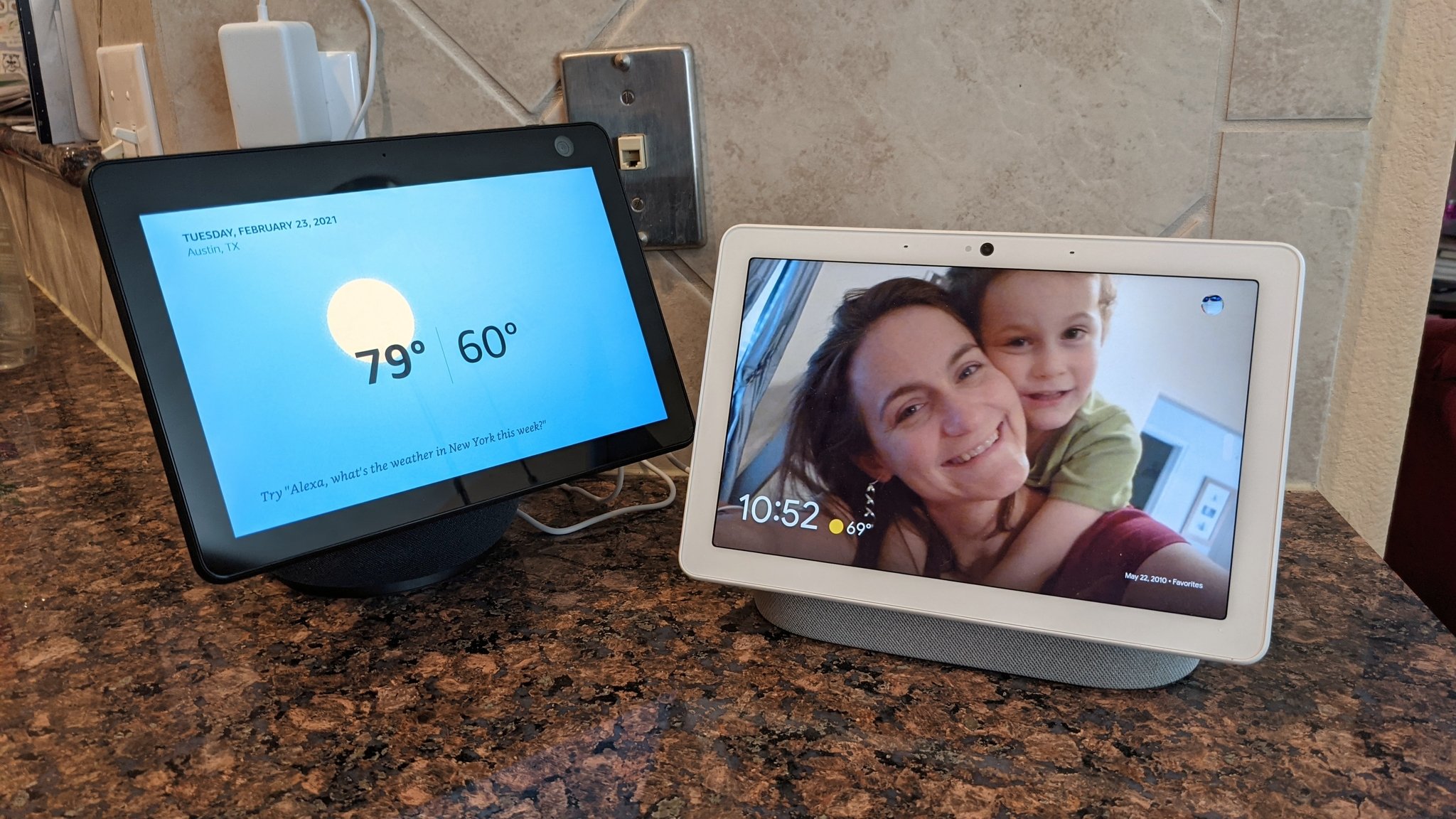
When people compare iOS vs. Android, Siri is a consistent thorn in Apple's side, paling in comparison to the competence and utility of Google Assistant. Siri's limitations seemingly haven't hurt iPhone or Apple Watch sales, but they certainly ensure that HomeKit isn't a particularly popular smart home platform. Meanwhile, Assistant makes searches or activating smart devices easy on any Android phone regardless of the manufacturer.
Given its reputation now, it's easy to forget that Siri blew away tech reporters at launch in 2011 and that other companies like Google scrambled to put out their own competitors for years afterward. The Verge recently published an interesting expose into what went wrong with Siri and how Apple squandered its lead in the voice assistant sphere.
What interests me — more than dunking on Apple (or Samsung and Microsoft for that matter) for any voice assistant failings — is determining what Google and Amazon did right by comparison. How did they run rings around the competition, and is there any way that a third voice assistant could ever close the gap?
"I think it's a fool's errand for any company to try to compete with Amazon, Google, and to a lesser extent, Apple in this space," Jitesh Ubrani, a Research Manager at IDC, told me. And I agree: these companies have created brands people trust while setting up roadblocks to ensure no other company can ever follow in their footsteps.
Amazon: (Loss) leading the voice assistant charge
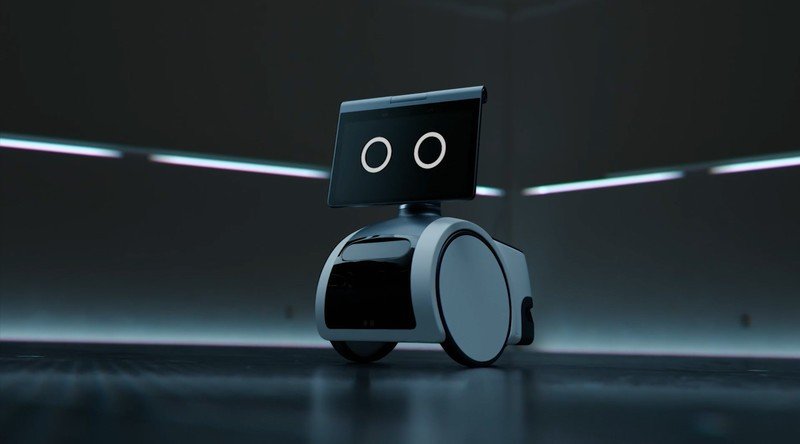
During the recent Amazon Event, the company announced all sorts of new products that rely solely on Alexa to offer any value, from the massive Echo Show 15 to the Alexa-on-wheels Amazon Astro robot. Of course, if Alexa wasn't a reliable brand, these products wouldn't have any appeal.
I personally think Amazon jumped the shark with its $1,000 Roomba assistant, but it shouldn't put a dent in Alexa's popularity one bit. Most people aren't buying Echo Frames either, and the always-listening Amazon Halo freaked people out. But by pushing our mental boundaries of what is "too much Alexa" in our lives — any device that follows us around or outside the home — Amazon made us more likely to accept an always-listening Alexa in one spot as more natural, in the form of an Echo Dot or Show.
Of course, when Alexa launched in 2014, it didn't have any particular advantages over Siri, intelligence-wise. So how did it gain ground?
Get the latest news from Android Central, your trusted companion in the world of Android
Outlandish assistants like Astro make us more likely to accept "regular" data-collecting devices like the Echo.
"Amazon leaned into voice and gave users no choice but to figure out how to interact with Alexa in an environment, the home, which is much less complex to figure out than the open world," Carolina Milanesi, Principal Analyst at Creative Strategies, told me. While Siri was always an optional interface behind a touchscreen, Echo devices required voice commands.
By "appealing to early adopters first, who generally have higher tolerance level for trial and error," Amazon gained practical knowledge of how its customers voiced commands for information, Milanesi explained. Both Apple and Amazon save and study your commands to improve their assistants' intelligence. Still, many iPhone users likely only used Siri for jokes and simple requests once the novelty wore off, limiting Apple's potential to grow.
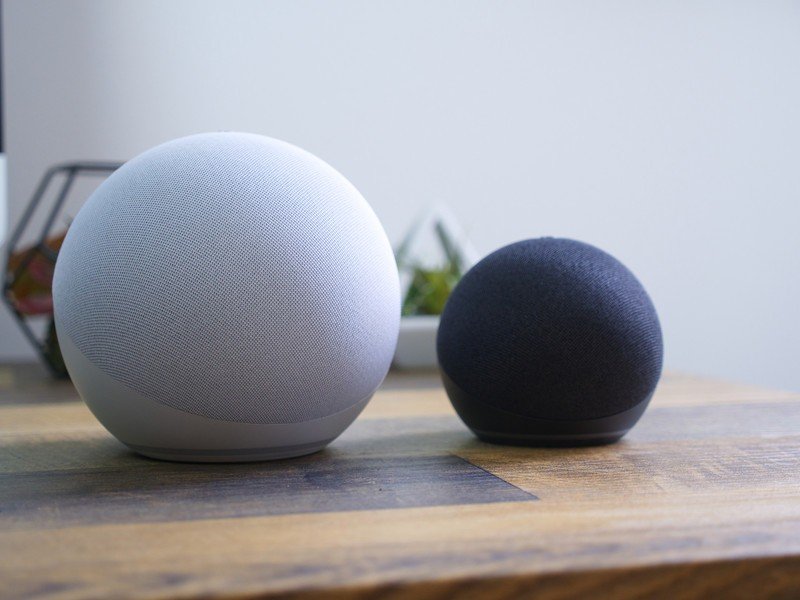
Alexa's success certainly wasn't inevitable. "Amazon had to push very hard and offer very competitively priced products in order to increase hardware adoption and ultimately Alexa usage," Ubrani told me. As a result, it was thanks to "extremely low priced Echo products" that the assistant became smarter over time.
Amazon then followed up by "partnering with numerous smart home device makers" to make Alexa have more practical uses within the home. Amazon invested resources in making its smart assistant connect outside of Echos, and I'm sure the third parties involved saw the value of being promoted on Amazon as an Alexa partner for bigger sales.
Only Amazon is so willing to sell hardware at a loss for the promise of subscription and data profits down the line.
Now look back on this path to success, and see if you can imagine any other company emulating it. Amazon started by selling its first-gen Echos when voice assistants could still be somewhat unreliable without angering customers. Then, it built up vast amounts of information by selling its products at major discounts — maybe even at a loss — knowing it would make its money back selling partnered smart home products. And it gained big-name partners by offering access to its broad consumer base of Echo users.
Unless Walmart decides to join the smart assistant game, I can't see any other company having the resources to sell cheap smart home speakers as loss leaders for a larger smart home endgame years down the line.
Google: Chasing the dream of conversation
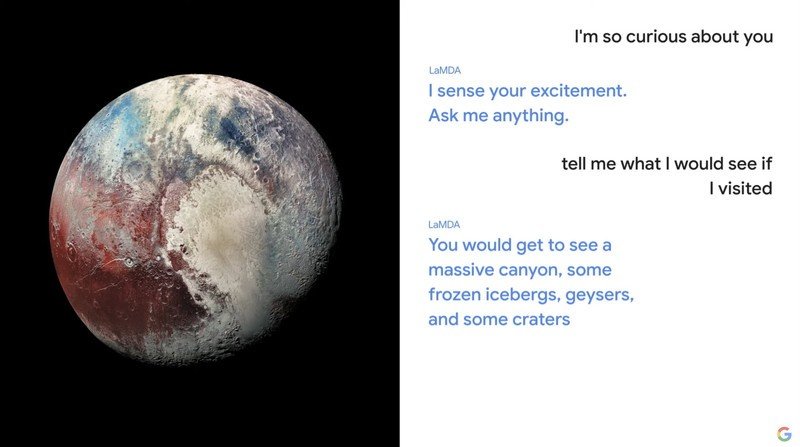
Google IO 2021 had some standout reveals that are paying off right now, from Android 12's recent launch to Wear OS 3 showing up on the Galaxy Watch 4. But it also had two moments focused on artificial intelligence that have yet to emerge: LaMDA and MUM.
Conversational AI has been the white whale of voice assistants for a decade.
As a quick summary, LaMDA or Language Model for Dialogue Applications, is meant to make Google Assistant more conversational and able to respond to context. And the Multitask Unified Model (MUM) is about evolving Google Assistant to be able to provide more complicated answers to questions; ask about hiking Mt. Fuji, and you'll receive a full itinerary about weather, difficulty, gear, training, and so on — instead of limited information from one top result.
Conversational AI has been the white whale of voice assistants for a decade. Can it actually happen? Neil Shah, vice-president of research at Counterpoint Research, mentioned LaMDA and NLP (natural language processing) as tools that will "take voice assistants to the next level" by making them "more dialogue or conversational friendly" over the next five years.
I personally need to see these tools in action before I believe Google Assistant can achieve Scarlett-Johanssen-in-Her levels of personalization. But if any company can come close to pulling off this sci-fi-esque accomplishment, it's Google.
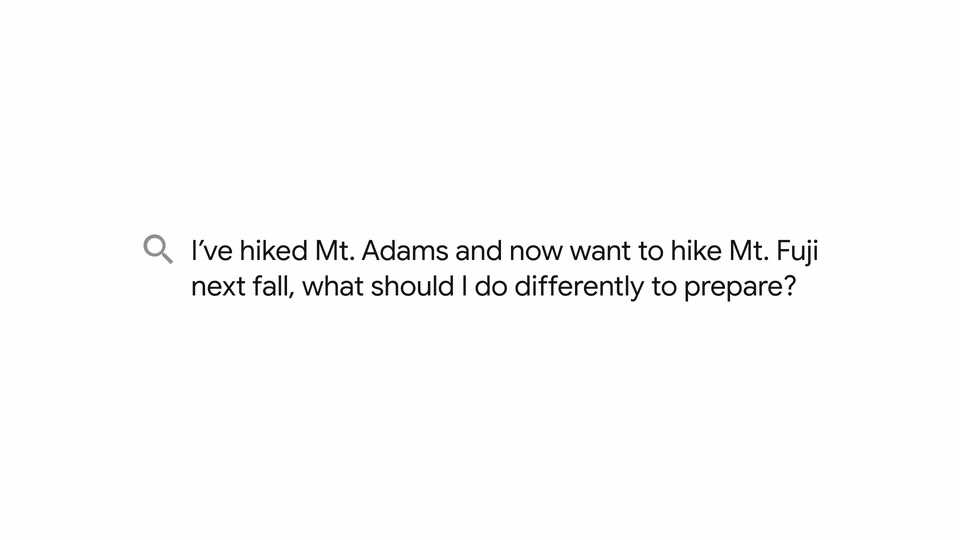
Google Now launched in 2012 on Android 4.1 (and later iOS) as a direct voice-based substitution for Google Search. Two-way conversation didn't arrive until four years later; to spur it along, Google acquired three different AI-based startups in 2014, including DeepMind. The company's investments improved Assistant's comprehension and responses, readying it for use on Android phones worldwide across a wide range of OEMs and languages.
Both Milanesi and Ubrani agreed that Google's international reach gave it a huge leg-up on competitors. Or, as Milanesi put it, "Google has the advantage of being in all our pockets."
"Google has the advantage of being in all our pockets."
"Despite Apple's popularity, the penetration of iPhone and other Apple devices tends to be relatively low in many markets," Ubrani said. By contrast, "Android-based devices and Google's software and services have a much larger reach, and Google has also been a bit more open to working with app makers and service providers which has helped the company improve language recognition [and] overall intelligence."
Just as Amazon leverages its retail dominance to build a complete smart home, Google takes advantage of its Play Store ownership and massive user base. It's hard to imagine any other app marketplace (besides the Apple App Store) getting the same buy-in.
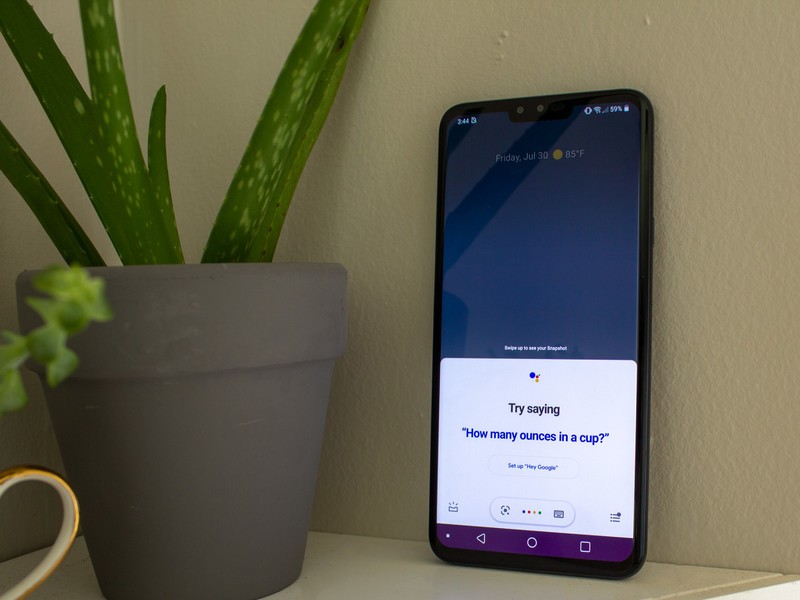
Obviously, no other company is going to have control over a major open-source ecosystem, with the sway to push your data-collecting assistant onto the devices of other companies. In fact, EU regulators opened an antitrust investigation into Google last month over how it allegedly forces Android OEMs to use Google Assistant instead of installing their own assistants.
What's tricky is that Google's search dominance, and Assistant's synergy with Google services, make it the only assistant most people want on their phones. The Bixby button on Samsung phones drove plenty of users to install remapper apps and make it call GA instead. And if the EU forced all manufacturers to allow any voice assistant as the default, Google Assistant could grow in popularity, as many iPhone users would replace Siri with GA in a heartbeat.
Even if Apple has fewer devices and less search data (via Safari), it could imitate Google's path to success and build Siri into something more functional. But this starts with proper partnerships with major apps, with vertical commands that allow Siri to control popular actions in the most popular App Store apps. And considering it took Apple over a year to make Siri work with Spotify, only to prevent users from making Spotify the default option, I really don't see this happening. The walled garden is still in full effect.
The future of voice assistants
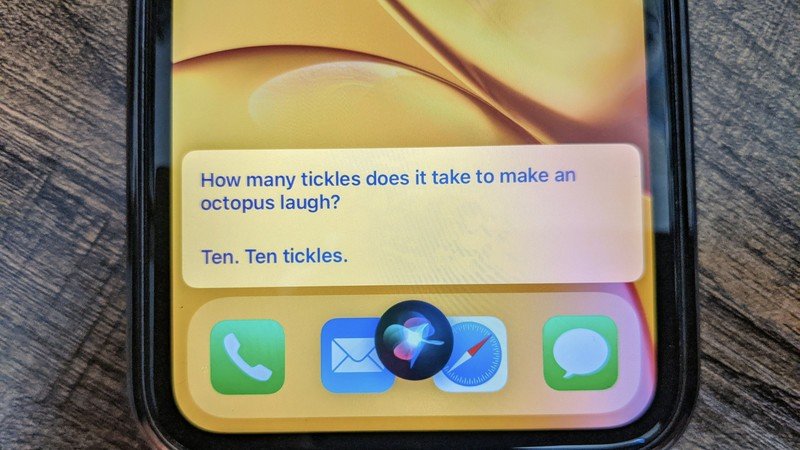
Amazon and Google are the Big Two of voice-based AI assistants, and no one else will ever be permitted to come close.
Given Amazon's retail dominance with the Echo family and Google's smartphone dominance with Android, it's hard to imagine anyone else breaking into those niches. Regulators could target one or both for their monopolistic practices, but both sit on hoards of data that can't be regulated away.
Google's support of startups will only bolster Assistant in the long run.
A voice AI startup could make some game-changing innovation and sell itself to a company like Samsung or Apple. But Google literally ran a program called Google for Startups Accelerator: Voice AI meant to help young companies "connect with voice technology and AI/ML experts from across Google to take their innovative solutions to the next level." If any voice AI startups want to sell their services, they'll likely pitch their tech to Google first.
Milanesi doesn't believe that anyone will "create an assistant that can compete across the board with either" company. In her view, "Microsoft tried and failed with Cortana, and Samsung did the same with Bixby. That said, there is opportunity for single-function assistants to play a complementary role either because they are linked to a service like a TV service or a specific environment like the car."
In other words, even if Bixby isn't used very often on Samsung phones, it may still prove useful for users on Samsung TVs.
Shah both agreed and disagreed with Milanesi's assessment. He called Cortana a "success," but specifically in the enterprise space. Cortana converted into Microsoft Azure, which gives businesses access to machine learning, bots, and cloud-based computing. It can even convincingly recreate your voice using AI. You'll just talk to Cortana/Azure in specific, commercial contexts.
I highly doubt any other company will launch a voice assistant worth talking about anytime soon.
I highly doubt any other company will launch a voice assistant worth talking about anytime soon. Amazon and Google will keep waging its Google Assistant vs. Alexa war for supremacy. Google Cloud and AWS will fight with Microsoft Azure over business AI opportunities. And Apple will complacently tweak and modify Siri without any true plans to close the gap.
I'm happy enough using Google Assistant on my phone and Alexa with my Echo Show 8. But having more options is always better for consumers, and I'm sad to think that we won't see anything new and promising in the voice assistant space anytime soon.

Michael is Android Central's resident expert on wearables and fitness. Before joining Android Central, he freelanced for years at Techradar, Wareable, Windows Central, and Digital Trends. Channeling his love of running, he established himself as an expert on fitness watches, testing and reviewing models from Garmin, Fitbit, Samsung, Apple, COROS, Polar, Amazfit, Suunto, and more.
